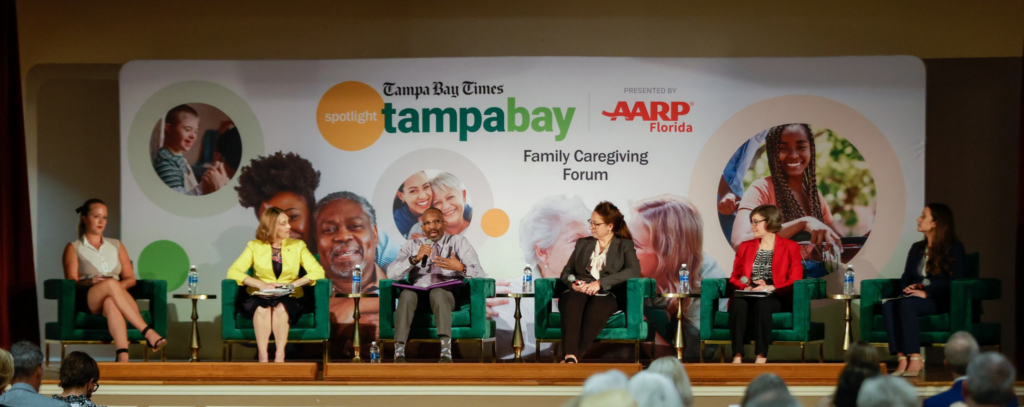[Press release from SABEW:]
Sixteen journalists have been selected as fellows for SABEW’s sixth annual Health Care Symposium made possible by a grant from The Commonwealth Fund.
The group will gather in Washington, D.C., June 28-30 at the National Press Club and at the Bloomberg, Washington, D.C. bureau. The symposium will help the fellows better understand health-care economics and will provide an update on the Affordable Care Act. Fellows will be able to share and test out story ideas.
The 2018 health care fellows are:
- Emily Baumgaertner, news assistant at The New York Times
- Jenny Deam, senior health care reporter at the Houston Chronicle
- Amanda Eisenberg, New York health care reporter at POLITICO
- Justine Griffin, health and medicine reporter at the Tampa Bay Times
- Chris Larson, health care and higher education reporter at Louisville Business First
- Jacquie Lee, reporter at Bloomberg Law
- Rory Linnane, reporter at USA Today Network, Wisconsin
- Kathryn Mayer, editor-in-chief at Employee Benefit News
- Elizabeth O’Brien, senior writer at MONEY Magazine
- Elle Perry, digital producer at Memphis Business Journal
- Yiqin Shen, senior reporter at Mergermarket
- Greg Slabodkin, managing editor at Health Data Management
- Joel Stinnett, health care and technology reporter at Nashville Business Journal
- Kayla Webster, reporter at Sacramento Business Journal
- Russ Wiles, business writer/columnist at Arizona Republic/AZCentral.com
- Liz Young, reporter at Albany Business Review
“Journalists need support to cover an unclear and rapidly changing health care landscape,” said Kathleen Graham, executive director, SABEW. “The symposium will help reporters better understand the future of the Affordable Care Act, Medicare, single payer health care models and prescription drug pricing.”
Speakers include Sara Collins, vice president for the Health Care Coverage and Access program at The Commonwealth Fund; Sabrina Corlette, J.D., research professor at Center on Health Insurance Reforms at Georgetown University’s Health Policy Institute; Robin Rudowitz, associate director, program on Medicaid and the uninured at Kaiser Family Foundation and Zachary Tracer, reporter at Bloomberg News. Additional speakers will be added to the agenda. Ridgely Ochs, former health care reporter at Newsday, is producing the symposium.


![First Green Bank, a community bank based in Orlando, is the first in Florida to work with licensed medical marijuana companies. [Photos courtesy of First Green Bank]](http://www.tampabay.com/storyimage/HI/20170831/ARTICLE/308319719/AR/0/AR-308319719.jpg)
![Patient Julie DiPietrantonio, 67, of St. Petersburg, is examined by Dr. Howard Riker of Tetra Health Care. DiPietrantonio suffers from chronic pain caused by spinal stenosis, degenerative arthritis, and sacroiliitis. She is looking for relief by using medical marijuana. [SCOTT KEELER | Times]](http://www.tampabay.com/storyimage/HI/20170727/ARTICLE/307279374/AR/0/AR-307279374.jpg)